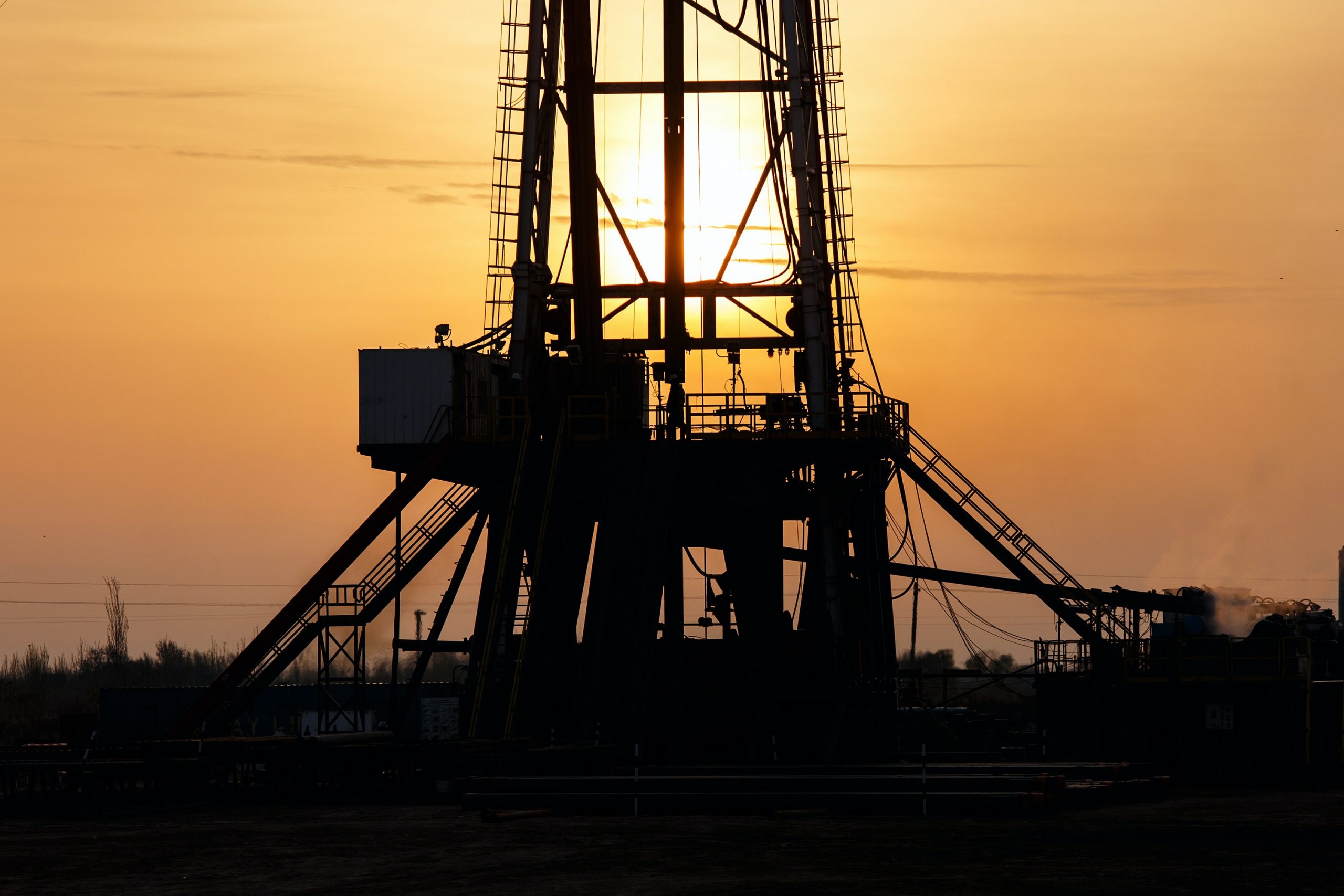
Business in oilfield constructions aim to provide specialized services to customers who are looking for services such as manufacturing of pump stations, meter stations, gas plants, pipelines and many more. In this rapidly changing technological world, industries are shifting to digital trends that are not only sustainable in the long run, but have made them successful.
When it comes to an oilfield construction company, there are several ways that they can incorporate modern practices in their day-to-day function.
- Integrate Modern Cloud Computing Systems
The oilfield construction company has historically relied on disparate legacy systems that do not communicate with one another. This leads to data gaps, information inconsistencies, and knowledge gaps that have to be filled manually.
Instead of relying on manual systems, an oilfield construction company can integrate cloud-based systems that allow employees to add, edit and view data in real time. Data can be easily accessed via cloud anywhere in the world. Moreover, it allows companies to collaborate with others without having to speak to them in person. Data can be stored in the cloud and is processed at a higher speed.
- Ultrasonic Technology
Inventions that do not directly result in cleaner or greener oil and gas processes are still able to contribute to the industry’s overall sustainability by enabling more efficient processes. Similarly, ultrasonic technology allows companies to create 3D images of the interior of oil barrels to aid in making informed, accurate, and cost-effective production decisions.
Two-way communication, analytics, automation, reserve replacement, and enhancement capabilities also play a role. When you improve the operational processes, oil manufacturing companies can greatly reduce time and money.
- Recycle Water
A growing number of oil construction companies are exploring ways to reduce freshwater usage by recycling and reusing their water. These companies aim to use 100% non-potable water by improving filtration and oxidation techniques.
They can implement water treatment solutions by using advanced technology to eliminate any bacteria and sulphates present. In this way water can be conserved and reused for industrial processes.
- Create a Digital Oilfield
Digital oilfield refers to a concept where business process management is combined with digital technology to automate workflows. This allows them to maximize productivity, reduce costs, and minimize overall risks in oilfield operations. Cloud technologies and big data enable the digital oilfield to monitor, analyze, and utilize all operational data in real time, resulting in safer and more sustainable decisions.
The oilfield construction company is accustomed to the large volume, variety, and velocity of data it generates. Whether it is seismic or drilling data, the industry produces a huge amount of information. Therefore, a solution needs to be devised in which the data is stored and analyzed in real time.
- Electronic Monitoring
By making use of the Internet of Things, devices can be monitored and handled using sensor-based systems that require the use of the internet. Such devices can be controlled remotely without the presence of the worker. In this way, any major risk is avoided that could threaten the life of the workers.
Using IoT devices and sensors, you may be able to get real-time information about equipment, pipes, storage, and transportation. For instance, employees can track and monitor equipment lifespans and other elements affecting production, such as wave heights, temperature, and humidity, by integrating the IoT into offshore equipment.
- Automation
Different industrial processes can be automated, such as communication with the customers. An online chat bot system can be implemented in which a virtual agent would be communicating with the end user by answering major queries in the best possible way.
Another case in which automation may be necessary is in hazardous workplaces. Robots and autonomous systems can contribute to a safer, more secure work environment by reducing the manual labour force.
In today’s increasingly digitized world, the benefits of increased efficiency, cost savings, enhanced performance and safety are becoming visible. Companies that invest heavily in developing these technologies are reaping these benefits while leaving other companies behind that haven’t incorporated digital trends.
By implementing these effective digital strategies, oil manufacturing companies can ace their game and stand out from the rest of the companies. The practice will benefit the company, as well as create a sustainable and cleaner environment for humans and wildlife.
You may be interested in: 5 Must-Have Machines in Oilfield Operations & Their Cleaning

